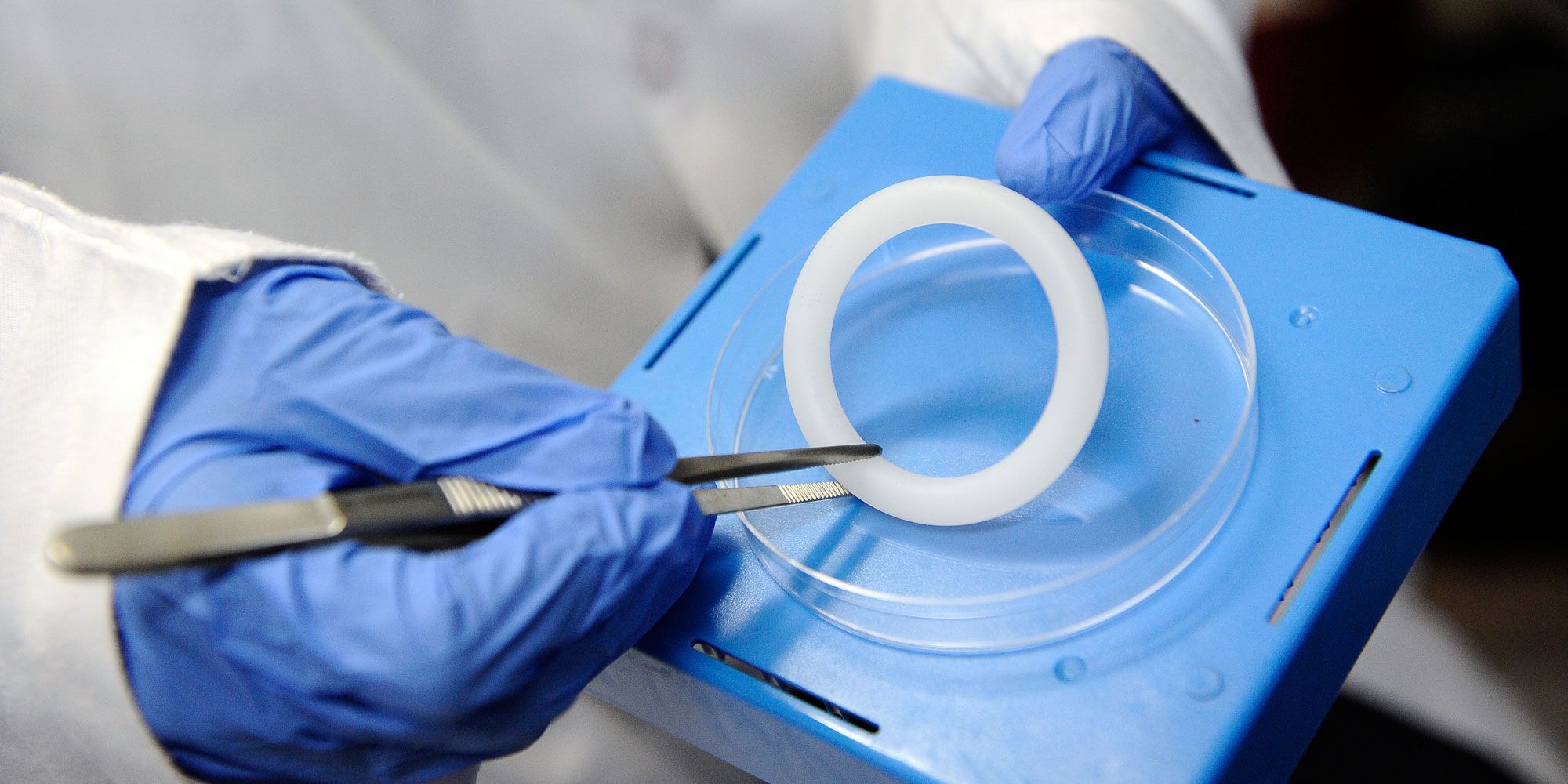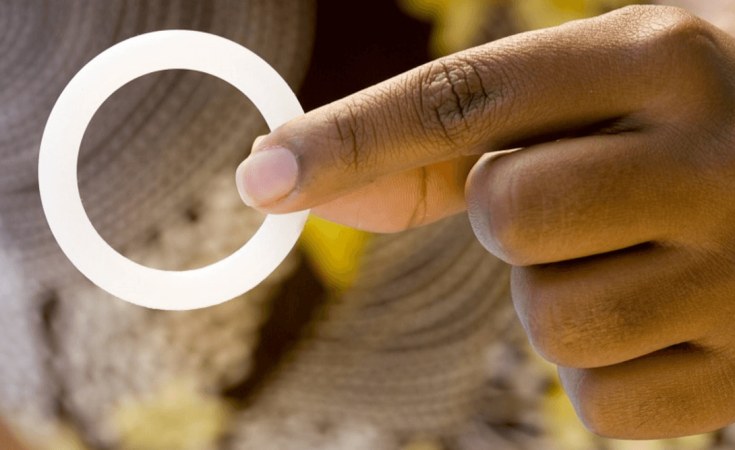A South African company, Kiara Health of Johannesburg, will begin manufacturing vaginal rings designed to protect against HIV, according to an announcement by the Population Council. The nonprofit organization owns the rights to the silicone rings, which a Swedish company currently produces. Kiara Health is expected to produce an estimated 1 million rings annually, potentially making them more affordable and accessible.
The vaginal rings release a drug, dapivirine, in slow doses over a month to help prevent HIV infections. Currently, around 500,000 rings are available to women in Africa at no cost, thanks to donor funding. The advantage of these rings is that they provide women with a discreet preventive option, especially in situations where partners may not use condoms or allow the use of oral preventive medications.

HIV remains a significant health challenge, particularly for women in Africa, where 60% of new infections occur in women of reproductive age. The ring is seen as an additional tool for women at substantial risk of HIV. The World Health Organization (WHO) and regulators in over a dozen African countries have authorized the use of these rings. WHO recommended the ring for women at substantial risk of HIV, and studies have shown a reduction in HIV risk by about a third, with ongoing efforts to improve effectiveness.
The current cost of the ring ranges from $12 to $16, but it is anticipated that the price will decrease as production ramps up, particularly with manufacturing taking place in Africa. Additionally, developers are working on an extended-duration version that could last up to three months, further reducing the overall cost.
This development is crucial in addressing the ongoing HIV epidemic, offering women an additional and discreet method of protection against the virus.











